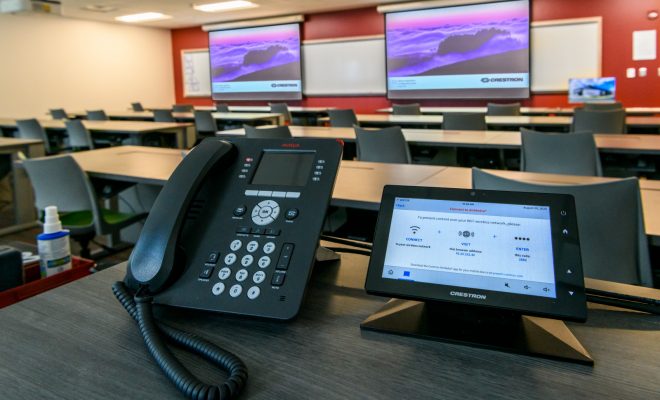The Responsibilities of Leading with Technology

The flowering of edtech over the last decade has created an amazing landscape. Being a leader in this field is truly an astounding opportunity to connect students with the digital tools that can motivate and engage them and, hopefully, prompt improved learning outcomes. But with this incredible opportunity comes important responsibilities. Here are four of the responsibilities of leading with technology:
First, digital equity is a key concern. There is an important obligation for everyone working in the edtech space to be sure that no student is denied equal access to digital tools. This may require an investment in mobile hotspots so that students can do work at home, and it may require a system to check out mobile devices. An edtech leader will be careful to ensure that every student can access digital devices, platforms, and materials.
Second, edtech leaders take digital citizenship seriously. They both preach and practice. They set a good example of digital citizenship by protecting their privacy, communicating appropriately, respecting copyright, and controlling their digital footprint. They also explicitly teach these concepts to those within their sphere of influence.
Third, wise technology leaders are forward-looking. It’s easy to fall into a rut of advocating for the same edtech programs that one has mastered and that have worked well in the past, but in a field as quickly-moving as edtech, it’s important to stay aware of trends and future directions. While predictions are always a dangerous business, there is no reason to believe that future years won’t see impressive changes in the field. The best practitioners will be those who keep up.
Fourth, edtech leaders need to ensure that edtech is always viewed as a vehicle and not a destination. Given how interesting and novel the latest generation of edtech is, it is entirely understandable that many people view edtech as an end in itself. And, unfortunately, many edtech products are—despite their claims—focused on low-level knowledge and lack an emphasis on critical thinking skills. Ed tech leaders need to ensure that all edtech apps, platforms, and other tools are challenging students and helping them develop their critical thinking skills.
In sum, there are many moving parts to the edtech leadership role. As exciting as the field is, it is also in so much flux that the challenges are immense. It takes a unique blend of skills to truly lead in this field. But by focusing on equity, digital citizenship, emerging trends, and the proper role of edtech, leaders in the field can fulfill their responsibilities.






